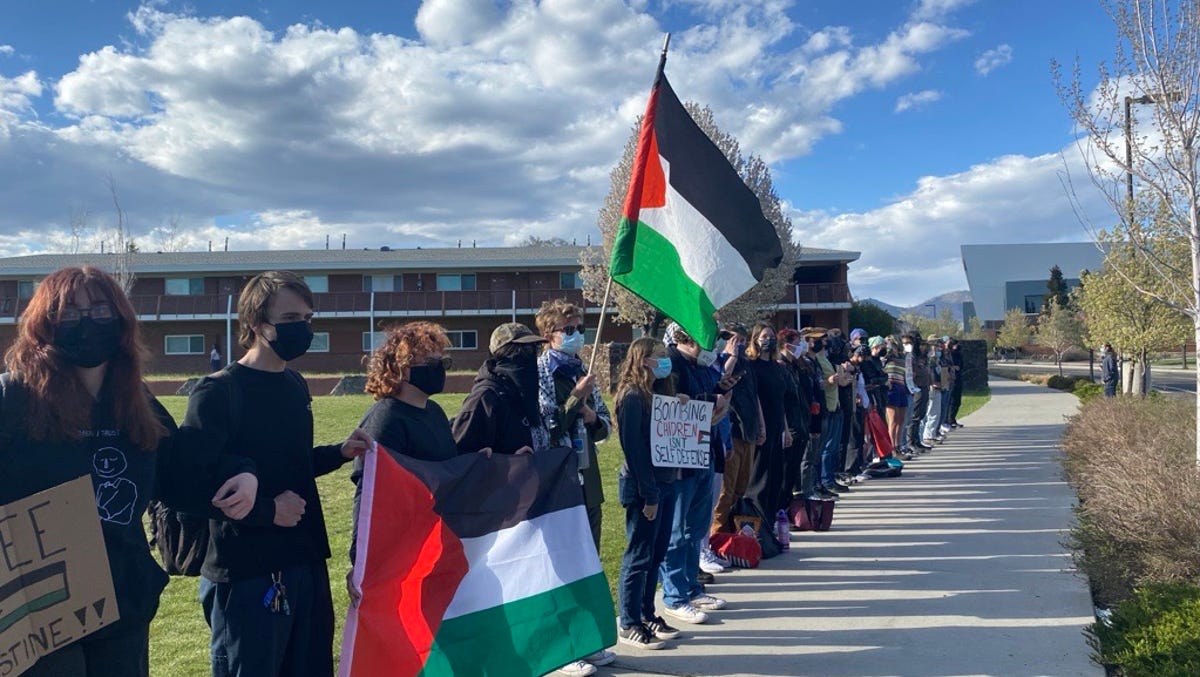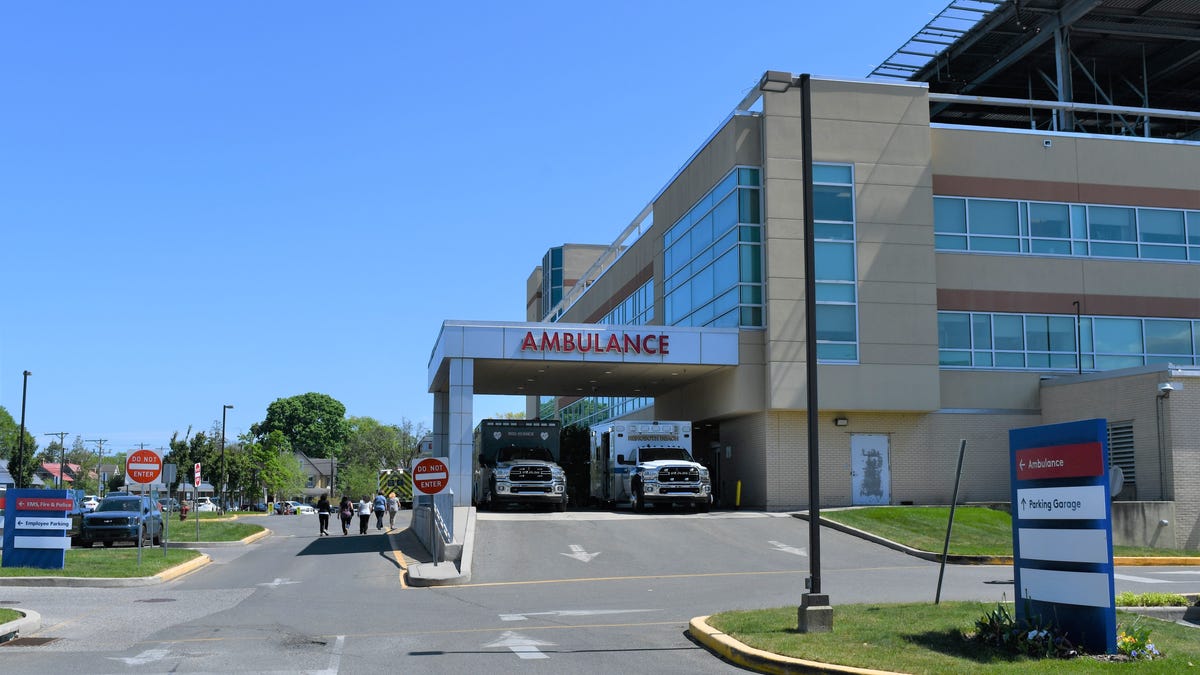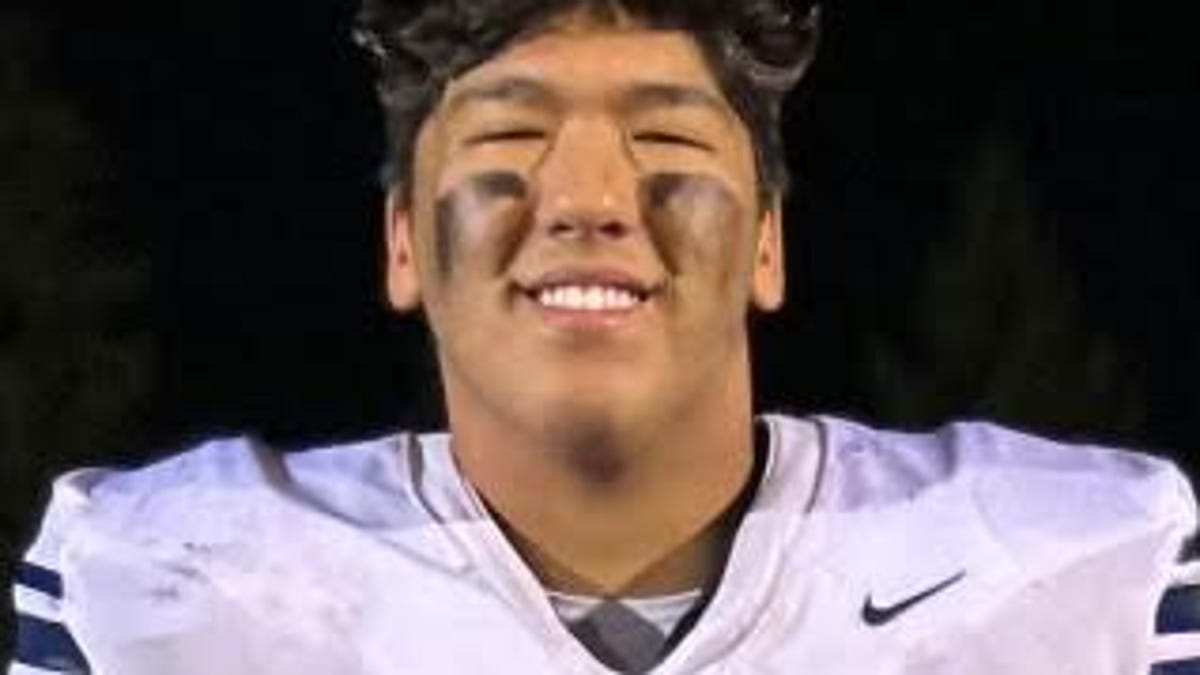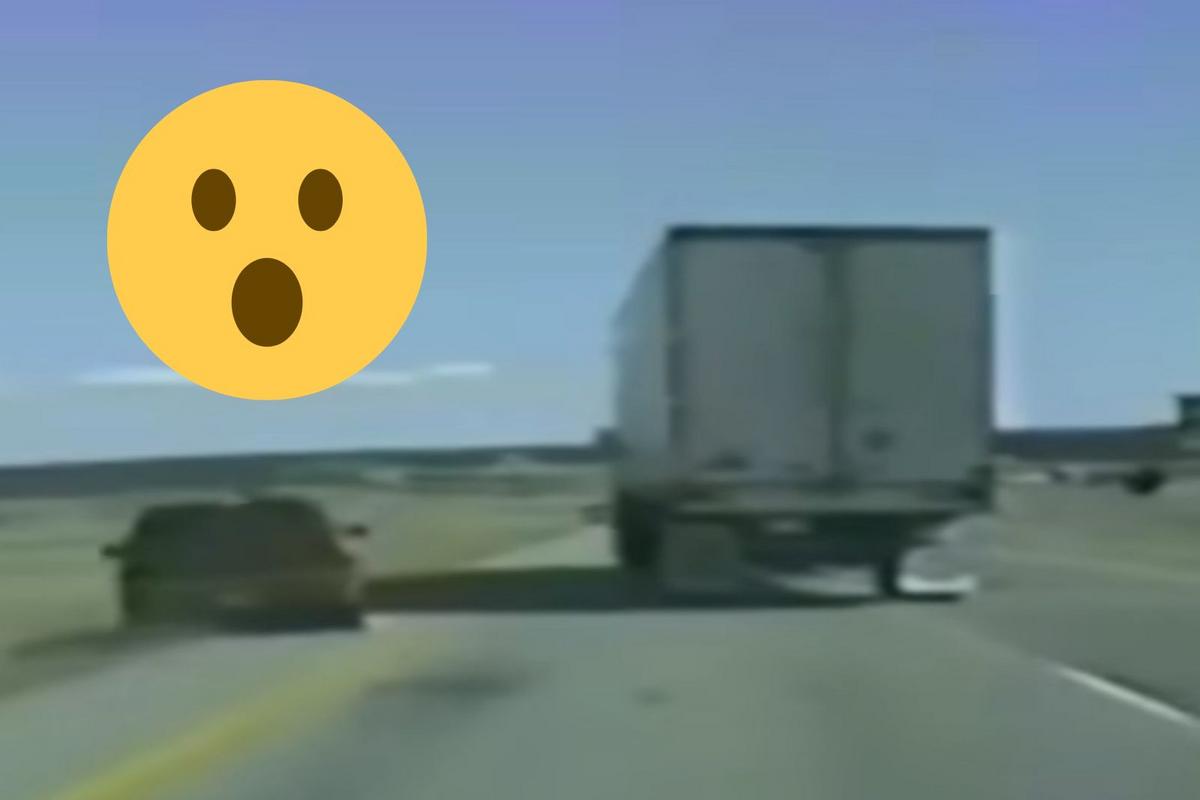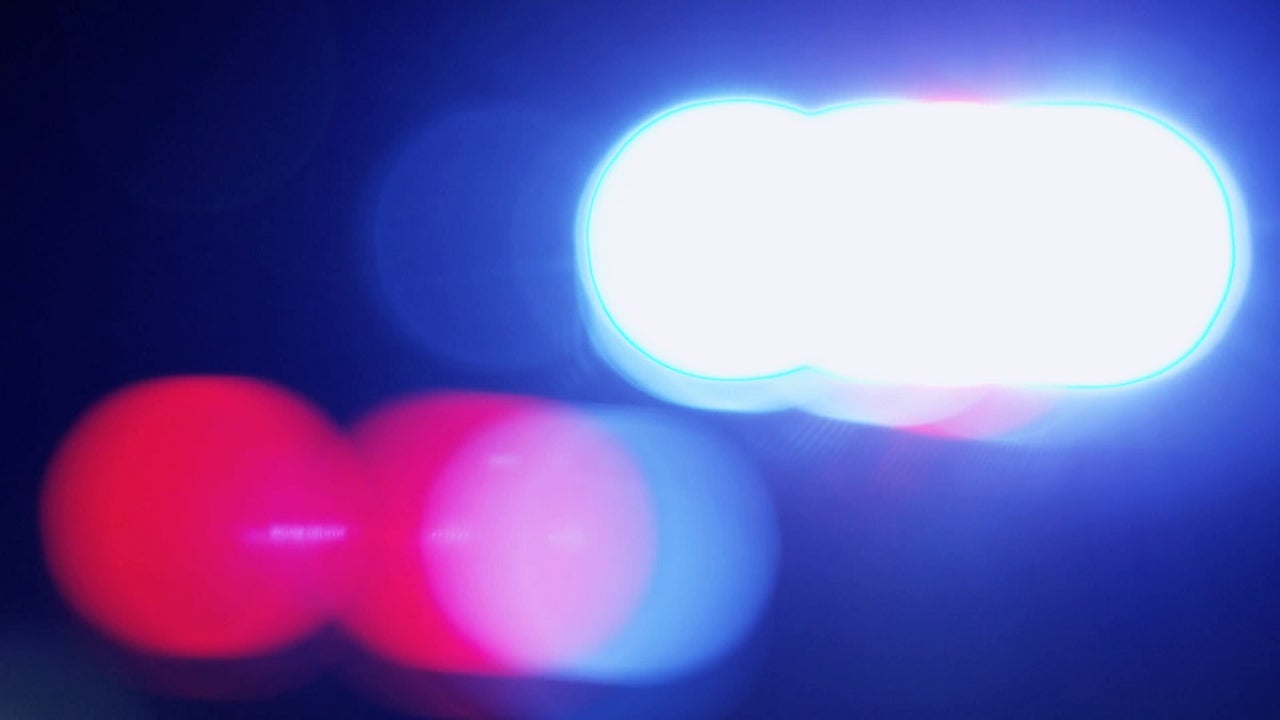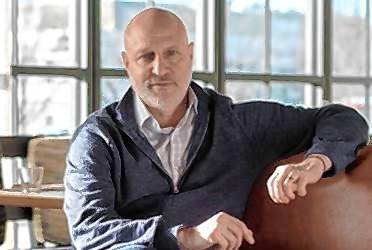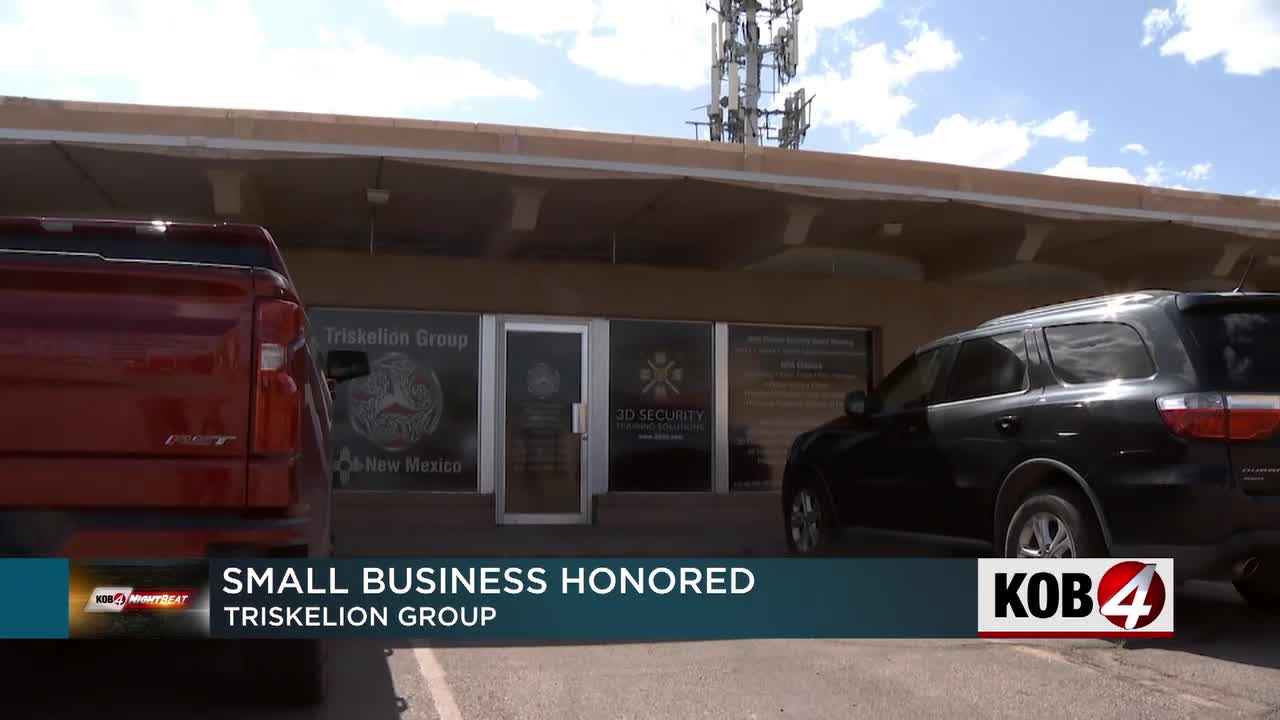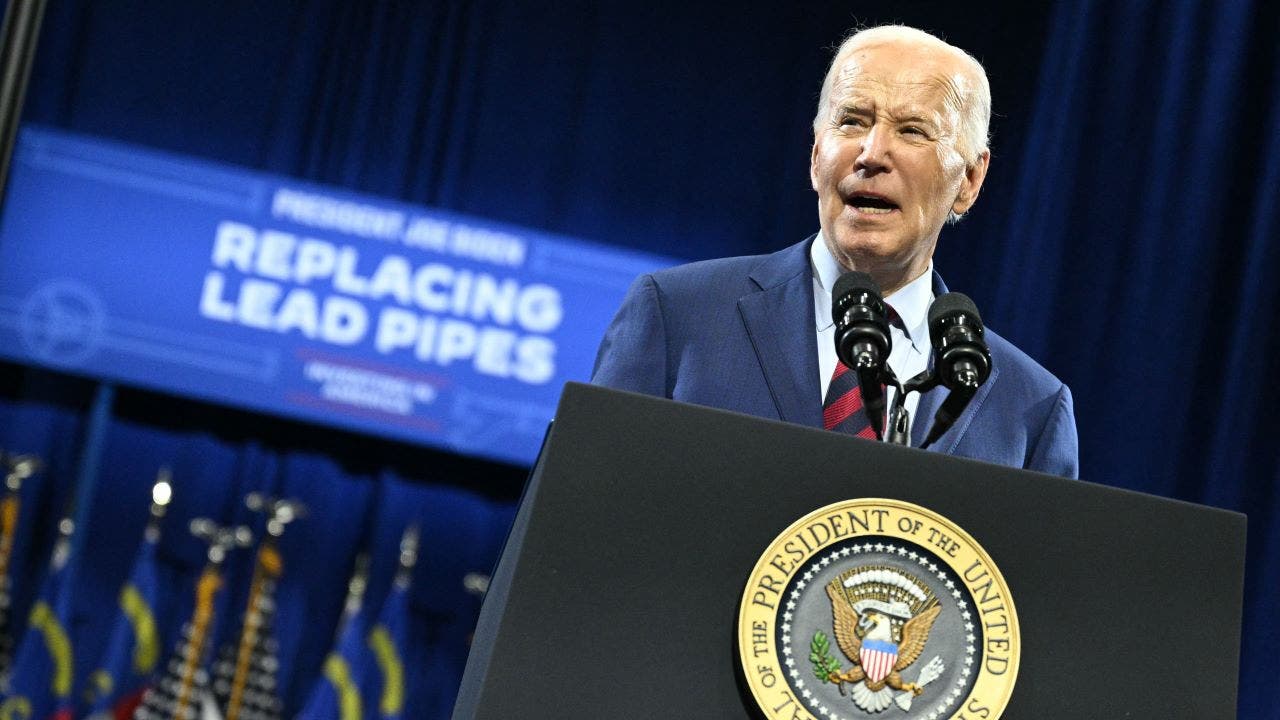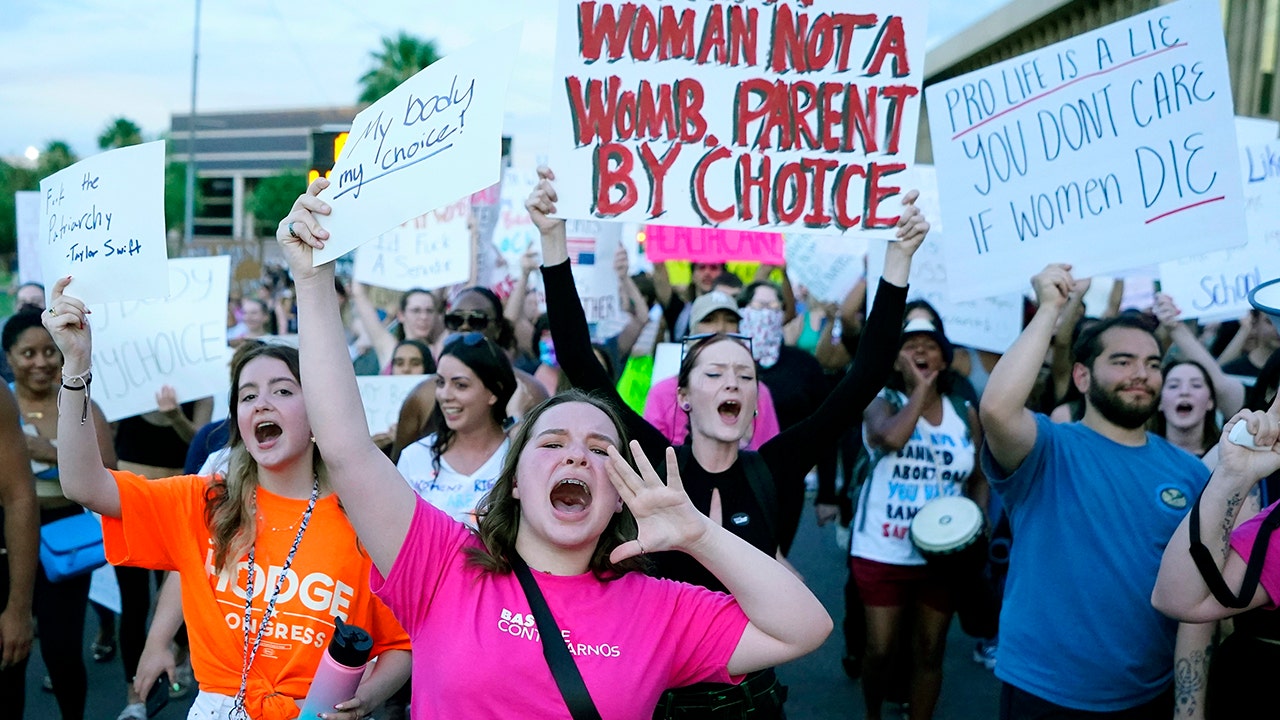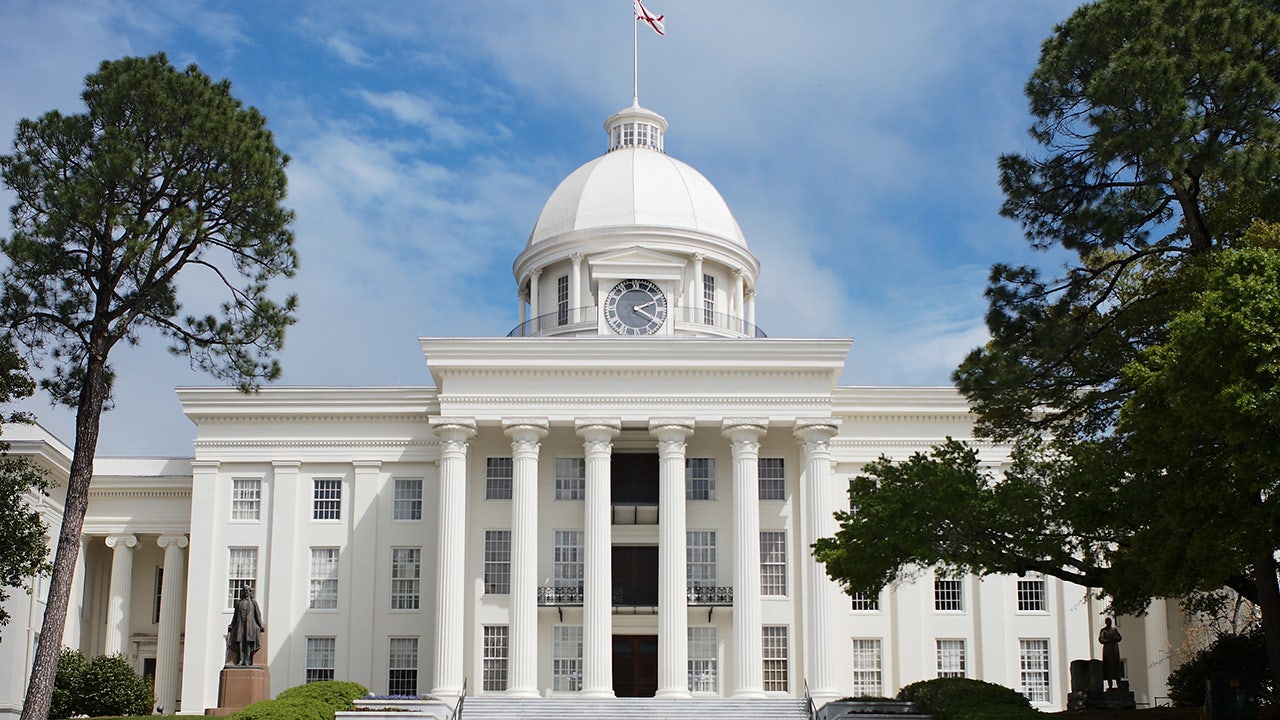Washington, D.C
School Resource Officers debate continues in DC
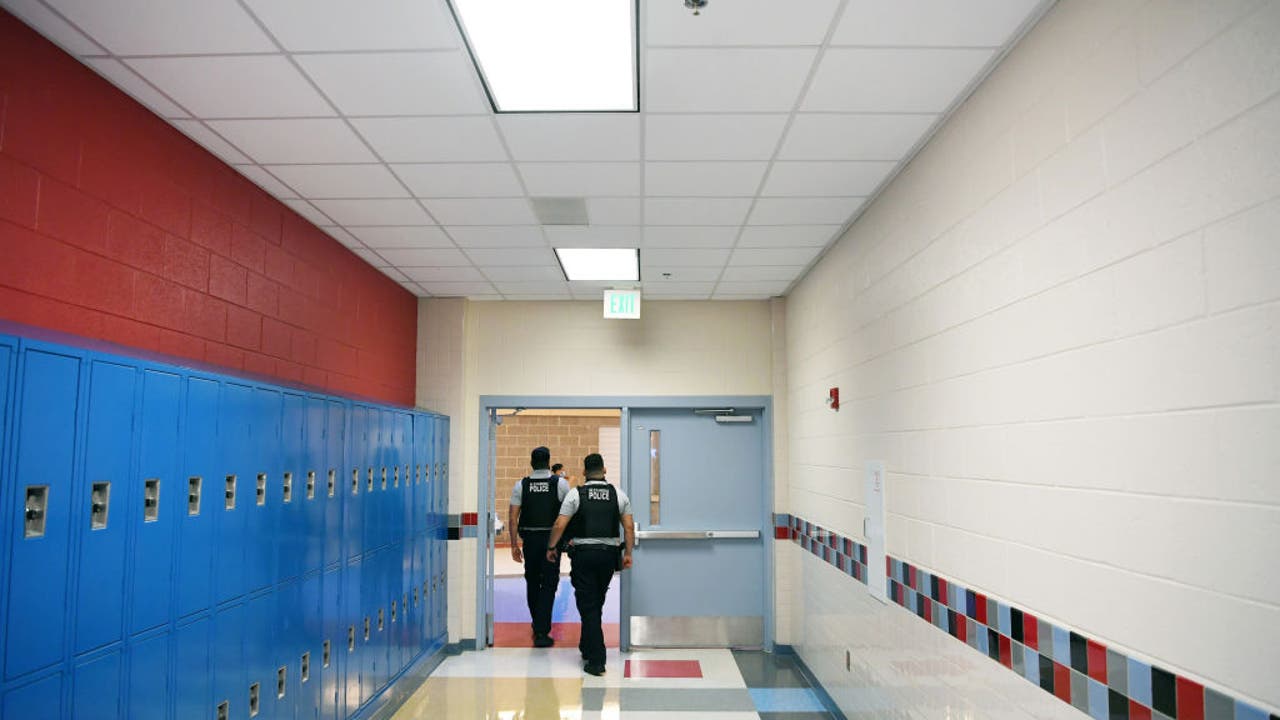
WASHINGTON – The debate over school resource officers continues in D.C.
D.C. Council originally approved a plan back in 2021 to gradually phase them out by July 1, 2025. However, policymakers are now changing their tune and taking action to stop the removal of SROs.
The ACLU of DC is calling on city council to keep their promise of removing police officers from the District’s public schools.
The nonprofit organization’s policy director Damon King says when police are put in schools, they are often put in a position to respond to situations not involving criminal behavior.
“When that happens, it can lead to young people having contact with the juvenile justice system and criminal system in situations where it’s just not appropriate and that can have really long-term damaging effects on young people,” King explained.
According to a tweet by the ACLU of DC, 100% of school-based arrests involve students of color in our nation’s capital. Back in 2019, 92.3% of those arrested were Black and 7.7% were Latino.
“It’s disappointing,” King said.
The D.C. Council Committee on Judiciary and Public Safety believes they have clear evidence SROs are needed in schools, citing serious concerns about violent disruptions. For example, data reveals for the 2021-2022 school year: 77 knives, 15 tasers, and 5 guns were discovered on campuses. There were also a number of fights, assaults, and robberies.
More specific reasoning can be reviewed in the committee’s Hearings and Testimony report starting on page 112.
“We should be creating an environment where students can find peace, but instead we are bringing some of the same problems that we see out in society when we talk about police-community relations, and we are bringing them into schools and that can’t possibly be a good thing for young people,” King said.
School resource officers’ effectiveness in the District
Earlier this year, D.C. Council voted to phase school resource officers out of schools during the budget process. This school year, 60 officers are splitting time between the District’s schools. FOX 5’s David Kaplan caught up with Mayor Muriel Bowser to find out where she stands on the issue.
FOX 5 did reach out to D.C. Public Schools. DCPS referred us to the D.C. Deputy Mayor for Education, Paul Kihn, who provided this statement:
“Protecting the safety of our students while in school, in transit, and in their community is our highest priority as a city. We know the overwhelming majority of school leaders want School Resource Officers (SROs) brought back to their campuses, both during the school day and around arrival and dismissal time. We believe restoring the option of SROs for schools that want them is a helpful step to enhance and support student safety. We urge council to support returning SROs to school campuses.”
D.C. Council will have their first vote on the FY 2024 Budget on Tuesday, May 16 where this controversial issue is expected to be discussed.

Washington, D.C
Cops in nation’s capital draw ire, support for staying away from campus protest
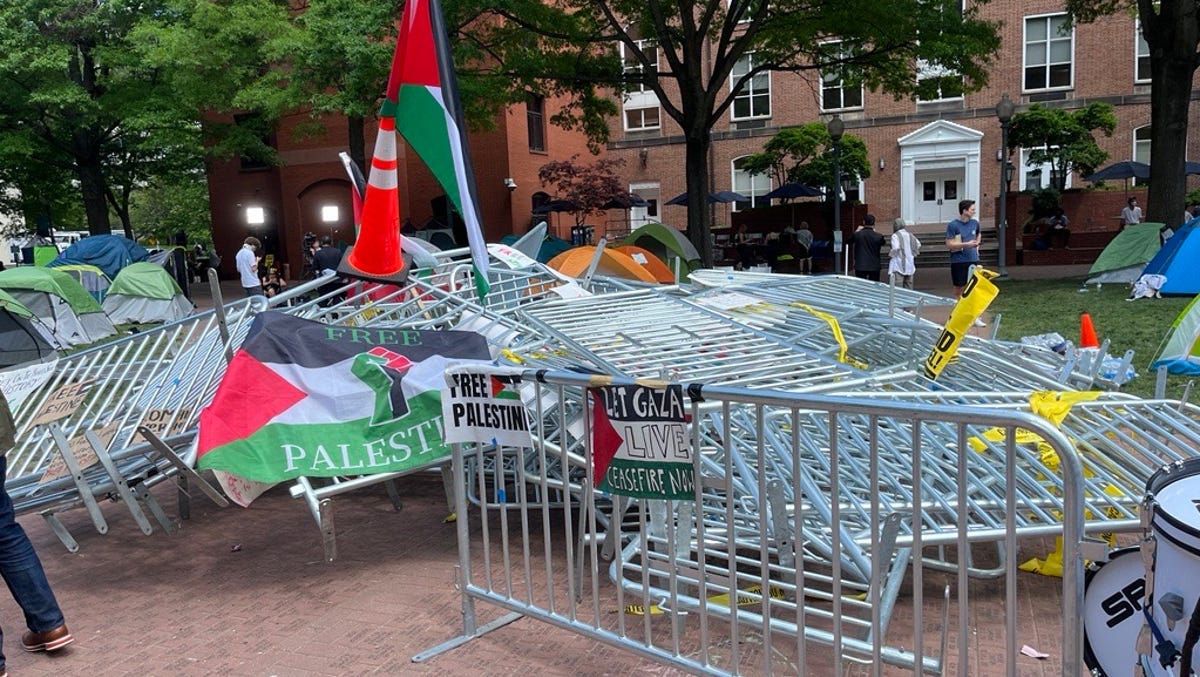
Student protesters arrested as police clear UCLA’s protest encampment
Police clashed with demonstrators in UCLA’s pro-Palestine protest encampment site in the early morning hours as they cleared the area and made arrests.
As police swarmed pro-Palestinian demonstrations on college campuses across the country this week, officers in the nation’s capital refused to get involved, igniting ire from Republican Congressmembers and raising thorny ethics questions about bringing outside cops to university property.
Fueling part of the controversy are reports that Metropolitan Police supposedly turned down pleas from university administrators to get involved amid escalating protests against the war in Gaza on George Washington University’s Washington, D.C., campus late last week. The move deviated from decisions by other police departments to march on college campuses, disband student demonstrations, and arrest hundreds this week.
The tent encampment covering University Yard, a square area in the center of the George Washington University campus, entered its eighth day on Thursday. Hours after around 20 tents went up in the early morning hours of April 25, the university demanded that protesters disperse and dismantle them.
When the demonstrators refused to leave, the university reached out to metro police to break up the encampment, with President Ellen Granberg and Provost Christopher Bracey calling it an “unauthorized use of university space.”
But metro police refused to send their officers into the campus, fearing the optics of a police crackdown on students less than a mile from the White House, according to the Washington Post.
Police wrote in an email to USA TODAY that the department “stood in support” of the response of campus police, who take “the lead in the response to first amendment demonstrations occurring on GWU grounds.” The department declined to comment on “operational tactics or procedures.”
George Washington officials did not provide additional comment in response to USA TODAY’s request.
Listen: Police order dispersal of gathering at UCLA as protests continue nationwide | The Excerpt
GOP congressmembers make trip to GWU
The metro police decision not to get involved presented an opportunity for a political jab from some Republican members of the House Oversight Committee, who visited the encampment on Wednesday to condemn the police department’s refusal to act.
“We expect these encampments to be cleared out,” Committee Chair James Comer said, after walking through a crowd of protesters booing and heckling. In a letter to Washington Mayor Muriel Bowser, he and Committee Chairwoman Virginia Foxx also slammed metro police for refusing to get involved “over fears of public criticism.”
But experts cautioned university administrators to think carefully before involving police in campus protests. Before calling in law enforcement, university administrations should have a crystal clear picture of what’s going on, said Christy Lopez, a professor at Georgetown Law. That level of certainty could be missing from the decisions of some administrations.
“Sometimes it’s just really fuzzy and things are moving quickly, and you need to make sure that you understand what’s going on,” she said. “Sometimes, it can be sort of reckless to the point of almost deliberate” to call in police without the full facts established, she added.
Lopez commended police in the nation’s capital for not getting involved in the protest at George Washington. “We should not have to rely on police departments restraining themselves,” she said. “But as that instance shows, sometimes you have to rely on the police department to show the level of judgment that campus officials may not be showing.”
Almost every recent instance she had seen of police response to student protests could present grounds for a critical incident review of officers’ actions, she said. “I think that every single crackdown that I’ve seen warrants that level of scrutiny,” she added.
Protesters Face Charges: Campus protests across the US result in arrests by the hundreds. But will the charges stick?
Hundreds arrested at campus protests
The decision made metro police an outlier among other city police departments that sent officers into the chaotic center of campus demonstrations.
The NYPD made its first wave of around 100 arrests on Columbia University’s Manhattan campus in mid-April after it entered campus upon request from university President Minouche Shafik to dismantle a tent encampment. The situation has only escalated since then – on Tuesday night, NYPD officers arrested nearly 300 people at demonstrations at Columbia and the City College of New York.
At a news conference on Wednesday, New York City Mayor Eric Adams said NYPD carried out the operation at the university’s request. “The request we received in writing could not have been clearer,” he said.
In Austin, police in riot gear, riding horses, and wielding batons and pepper spray descended on protests at the University of Texas campus last week upon the university’s request. Although charges against the 57 people arrested were dropped, officers returned on Monday to arrest nearly 80 more.
In an email to USA TODAY, Austin police said the level of assistance that its officers provided to campus police changed with the dynamics of the situation. At first, officers helped to transport those arrested to jail. More recently, campus police asked Austin officers to assist them in making arrests. After campus police and Texas Department of Public Safety officers decided to disband the protest, “it became apparent that additional resources were needed for officer safety and the safety of those taking part in the demonstration.”
“Moving forward as the demonstrations continue, APD will remain ready to provide assistance to [campus police] if requested,” Austin police said in the email.
Experts say police should build trust with protesters
Lopez said building up a level of trust with protesters by acting with restraint can help law enforcement work effectively in the midst of a protest. “Is there an alternative to just going in and tearing apart an encampment or shutting down a protest? Or can you be more directed and actually figure out who’s causing the problems?” she said.
Either way, law enforcement’s response to the protests could leave a lasting mark on how young people view the ethics of policing, Lopez said. “How the police respond here is going to be as indelibly marked on the political consciousness of youth today, as the police response during the Vietnam War protest was on youth of that era,” she said.
“This is going to define how they think about not just police, but government, about the legitimacy of authority,” she added. “That’s really, really an important thing for police and leaders to be thinking about, is that they’re forging that reality and those perceptions right now.”
Cybele Mayes-Osterman is a breaking news reporter for USA Today. Reach her on email at cmayesosterman@usatoday.com. Follow her on X @CybeleMO.
Washington, D.C
RFK Stadium officially set to be demolished

It’s time: RFK Stadium, simultaneously an endearing vault of decades of sports fan nostalgia and a rusting behemoth on the banks of the Anacostia River, is officially set for demolition.
The National Park Service gave the green light for the demolition in an announcement Thursday, saying that after evaluating the demolition’s impact on the “natural, cultural and human environment,” federal officials determined it was okay to proceed. Officials said in an April 29 report that demolishing the stadium would have “no significant impact” and that steps would be taken to “avoid and minimize negative effects.”
Washington, D.C
Around the Beltway: Moped rules
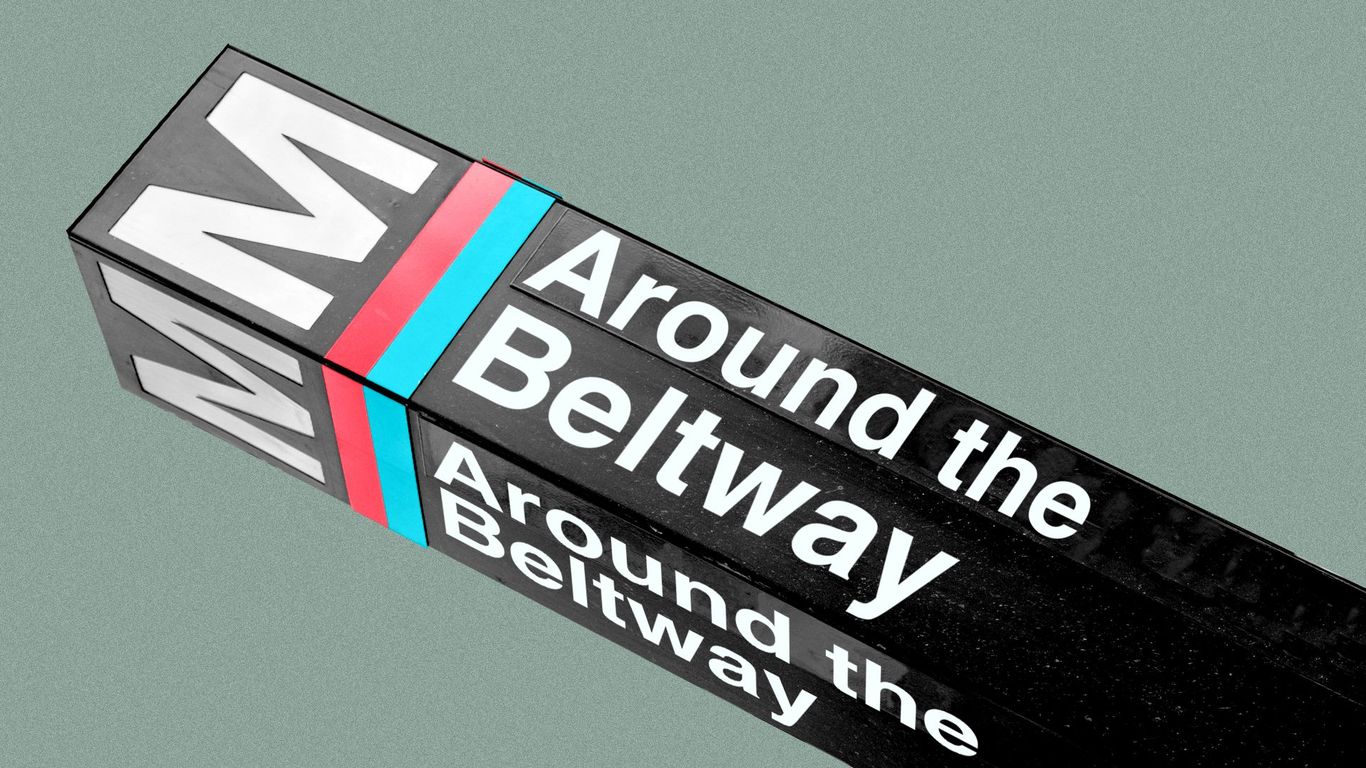
-

 News1 week ago
News1 week agoLarry Webb’s deathbed confession solves 2000 cold case murder of Susan and Natasha Carter, 10, whose remains were found hours after he died
-

 World1 week ago
World1 week agoHaiti Prime Minister Ariel Henry resigns, transitional council takes power
-

 News1 week ago
News1 week agoFirst cargo ship passes through new channel since Baltimore bridge collapse
-

 World1 week ago
World1 week agoUS secretly sent long-range ATACMS weapons to Ukraine
-

 World1 week ago
World1 week agoSpanish PM Pedro Sanchez suspends public duties to 'reflect'
-

 News1 week ago
News1 week agoAmerican Airlines passenger alleges discrimination over use of first-class restroom
-

 World1 week ago
World1 week agoAsia bears biggest climate-change brunt amid extreme weather: WMO
-

 Movie Reviews1 week ago
Movie Reviews1 week agoHumane (2024) – Movie Review

